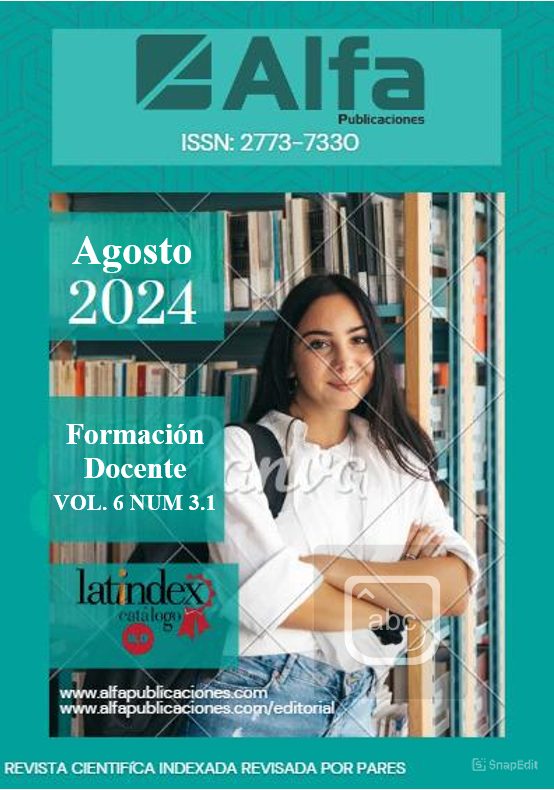The contribution of the English language in the interpretation of cultural resources in the heritage tourist route of the rural area of Riobamba
Main Article Content
Abstract
Introduction: Tourism, beyond its obvious contribution to economic development, is a powerful vehicle for integration and understanding between peoples. Objectives: This research focuses on the design of a heritage tourist route linked to the religious sphere in the rural area of the Riobamba canton, province of Chimborazo, with the objective of integrating tourism with cultural heritage, to promote the conservation of cultural heritage. material and immaterial of rural parishes. Methodology: The methodology corresponds to a technical study that used bibliographic review, field observation and application of surveys as research techniques, which allowed obtaining the necessary information for the articulation of the tourist route. Results: The results achieved indicate in an initial diagnosis the existence of a significant architectural and cultural heritage, which includes historic churches and religious festivities that are essential for local identity. 60 cultural resources are identified in rural parishes, although deficiencies are observed in basic infrastructure, especially in services such as drinking water and sewage. For the tourist use of the identified cultural resources, an interpretive approach is proposed in Spanish and English through scripts, facilities and interpretive means as a key strategy to promote sustainable development, improve tourist experiences and support intercultural communication. Conclusions: The integration of the English language in the articulation of a tourist route allows visitors to understand the cultural and religious wealth of the parishes, ensuring the continuity of traditions and respect for local heritage, in addition to contributing to the improvement of quality of life of local communities, promoting sustainable and responsible tourism development. General study area: tourism and English. Specific area of study: tourist interpretation and English. Type of study: case study, non-exploratory and qualitative-quantitative.
Downloads
Article Details
dssfdsf
dsfdsf

